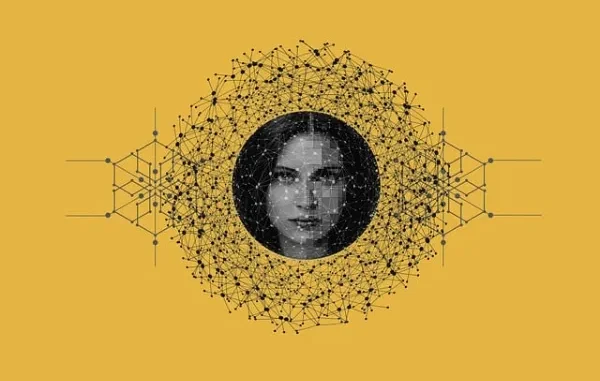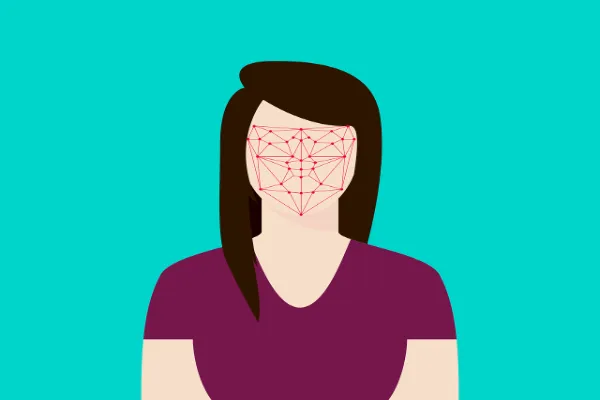
The Face of Ethics in Facial Recognition Technology
Facial recognition technology (FRT) has become ubiquitous, from unlocking smartphones to securing airports. While its convenience is undeniable, its growing presence raises crucial ethical questions. As I delve into this complex landscape, I’ll explore what are the ethical considerations of facial recognition technology, empowering you to make informed decisions about its use.
Presenting Facial Recognition Technology’s Capabilities
Facial recognition technology analyzes facial features to verify a person’s identity. It can be categorized into two main approaches:
- Facial Verification: This confirms whether a person is who they claim to be by comparing their face to a stored image.
- Facial Recognition: This identifies an unknown individual by comparing their face to a database of images.
These capabilities offer potential benefits in various applications, including security, law enforcement, and personalized user experiences.
Ethical Concerns About Facial Recognition Technology Emerge
The power of facial recognition technology is accompanied by significant ethical considerations:
- Privacy Intrusion: FRT systems collect and analyze biometric data, raising concerns about mass surveillance and potential violations of privacy rights.
- Bias and Discrimination: FRT algorithms can be biased based on the data they are trained on, leading to discriminatory outcomes in areas like law enforcement or hiring practices.
- Accuracy and Transparency: FRT systems are not infallible and can misidentify people, particularly individuals with darker skin tones or those wearing facial coverings. A lack of transparency in how these algorithms function further complicates these concerns.
- Freedom of Expression and Dissent: The widespread use of FRT by governments could stifle freedom of expression and the right to peaceful assembly, as individuals may fear being tracked or identified.
- Chilling Effect on Anonymity: The ability to be anonymous in public spaces is crucial for a free society. The pervasiveness of FRT could erode this right to anonymity.
- Surveillance state and mass surveillance: Unfettered surveillance via facial recognition technology risks morphing into a dystopian state where personal freedoms erode. Unchecked, it can infringe upon democratic rights.
Striking a Balance: Addressing Ethical Concerns About FRT
To ensure the responsible development and deployment of FRT, several crucial steps are necessary:

- Robust Regulations: Clear and comprehensive regulations are needed to govern data collection, storage, and usage practices related to FRT. These regulations should prioritize user privacy and limit the use of FRT by governments and private entities.
- Algorithmic Transparency: Increased transparency regarding how FRT algorithms function is essential. This allows for audits and bias detection, promoting fairer and more accurate results.
- User Consent and Control: Individuals should have clear and unambiguous control over their facial recognition data. Consent for FRT use should be freely given, informed, and specific, and users should have the right to opt-out and have their data deleted.
- Independent Oversight: Independent bodies should be established to oversee the development, deployment, and use of FRT. This ensures accountability and prevents misuse of this powerful technology.
Regulatory Implications for FRT and the Path Forward
The potential downsides of facial recognition necessitate robust regulations to govern its use. Some regions are already taking action – San Francisco’s ban on facial recognition by city agencies and the EU’s exploration of a temporary public-space ban serve as examples.
Regulations should strike a careful balance. While acknowledging the technology’s potential benefits – convenience, efficiency, and security improvements – safeguards must be in place to mitigate potential harms. Ideally, these regulations will be comprehensive, adaptable to future advancements, and prioritize transparency, accountability, and public participation in the decision-making process.
Jurisdictional Differences About the Rights of People Identified in Images
A major challenge surrounding facial recognition is the question of data ownership across different jurisdictions. Many governments view the collection of facial recognition data as an intrusion on privacy. Data leaders grapple with these complexities: who owns your facial image? Does ownership extend to public expressions? Are emotions in public spaces fair game for capture and analysis?
While public spaces offer some expectation of visibility, fleeting expressions may not be intended for systematic data collection. To navigate this ethical minefield, data and analytics leaders, in collaboration with legal counsel, must prioritize the rights of individuals over organizational interests. This requires understanding relevant intellectual property rights but shifting the perspective to focus on the rights of those captured by the technology.
The Road Ahead: A Responsible Future for FRT
The ethical considerations surrounding FRT are complex and far-reaching. By acknowledging the potential risks, advocating for responsible regulations, and prioritizing user privacy, we can work towards a future where FRT technology benefits society without compromising our fundamental rights.
Additional Considerations:
- Impact on Vulnerable Populations: The use of FRT can disproportionately impact marginalized communities and individuals with disabilities. Special considerations and safeguards are necessary to ensure fair and equitable treatment for all.
- International Cooperation: As FRT technology continues to evolve, international cooperation is crucial to establish global standards and ethical best practices for its development and deployment.
- Public Education and Awareness: Raising public awareness about the ethical implications of FRT empowers individuals to make informed decisions and advocate for responsible use of this technology.
By understanding these ethical considerations, you can participate in the ongoing conversation about the future of facial recognition technology. We have a collective responsibility to ensure that FRT serves humanity, not the other way around.
Leave a Reply